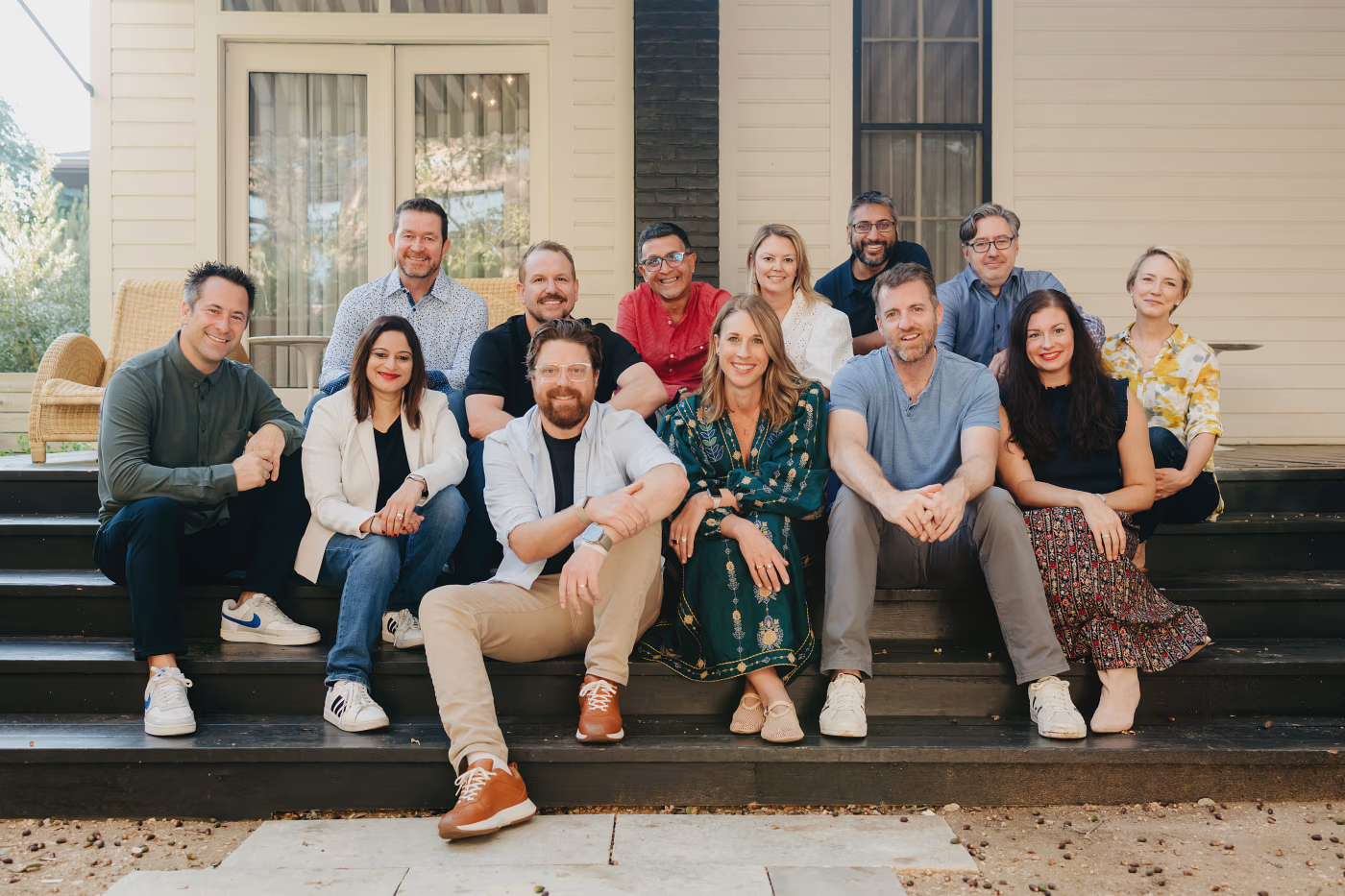Author
Justin Thomas-Copeland
CEO, 4As
Topic
- 4As News
- Agency Operations / Business Transformation
- Agency structure
- Artificial Intelligence
- Client/Agency Relations
- Culture
- Future of the Agency
- Future of the Industry
- HR/Talent/Inclusion
- Leadership
- Talent
The race to adopt AI is on. But by 2030, the agencies that win won’t be defined just by the tech they use, but by the culture they build. While AI will undoubtedly reshape how agencies work, culture will determine where people work, who stays, how bold ideas come to life and play a role in how clients evaluate agency relationships. The real differentiator isn’t artificial intelligence—it’s human ingenuity.
The most successful agencies of the next decade won’t just embrace AI; they’ll thrive at the intersection of technology and a culture of creativity. This goes beyond just adopting new tools; it’s about nurturing an environment where creativity thrives.
From marketing ideas to client engagement models to applying creativity to the very organizational set up of the agency itself, there will be new structures, new roles and new ways of working.
The evolving client and agency partnership
Most of today’s clients are already digital natives, and this number will grow in the next few years, buying smart, tech-first and content-first teams. They won’t be interested in shiny object technology but will seek agencies with deep credentials in leveraging AI to unlock genuine business opportunities and value.
This will cause a shift from traditional brand building to brand ecosystem thinking, which means understanding and orchestrating multilayered activation across commerce, content, influence and cultural relevance.
Clients will also demand a strong human connection and partnership. They’ll be looking for systems thinkers, people with a proven track record of pulling together integrated solutions. The days of “I’ll talk with my team and get back to you” will officially be over.
Clients need partners with T-shaped knowledge across commerce, digital, data, brand and CRM: thinkers who don’t delineate, but can carry a strategic conversation to the doorway of solution routes. These partners will humbly behave as if they’re already on the client’s business, leveraging pilot GPT offerings for new insights or showing prompt-built digital experiences that seamlessly integrate into their operations.
For agencies, this means evolving into agile, scalable partners. We need business models that offer best-in-class capabilities on demand, turning services on and off as client needs shift. Agencies that thrive will embrace flexible, diverse scopes, continuously reevaluating commercial models with procurement as projects evolve, likely proposing output-based pricing for clearer accountability.
This also involves seamlessly integrating into client workflows, potentially plugging into their agentic processes and combining intelligence resources like integrated research agents to truly market-make together, functioning as “one brain” for the business, unconstrained by borders. Demonstrating new ways to drive growth together.
The pitch transformed
Even the notion of the pitch will be redefined. The initial RFI stage should be fully automated through technology platforms with human oversight. The key pitch stage, however, will lean more toward being a working experience.
Imagine bringing agency teams and tools into a shared space for a single round of genuine interaction. This experience should involve key stakeholders beyond the marketing team, including sales, service providers and product management, to bring the real working ecosystem into the room.
The scope itself should be co-built as part of this experience. The client will write the fundamentals for, perhaps, the first 50%, and then work up the rest with the partners, gaining insight into the agency’s view on priorities and their business acumen.
Transparency around board-level business metrics is also crucial and the conversation between agencies and brands should be at this level. This view of potential partners will become arguably more important than them having the right answer to a static question, but rather it would be more compelling to have agencies answer a live, business challenge.
In a world where business dynamics are constantly accelerating, the idea of a fixed pitch brief is less relevant. Instead, pitches will become about buying a new set of behaviors, practices, business-driving creativity and approaches that enhance the brand’s overall ecosystem.
Nurturing future leaders and sustaining wellness
This evolving landscape will directly impact talent. The anticipated impact of AI, especially on efficiency, inevitably raises the question: How are agencies reshaping their teams and structures?
While there’s talk of fewer entry-level roles, the more pressing need is for a different type of combined, converged skillset. As AI handles routine tasks, the premium shifts to human creativity, strategic thinking and the ability to effectively prompt and direct AI.
Cultivating an AI skillset across the board is paramount for upskilling and attracting new talent. This means recognizing that our future leaders will be “hybrid thinkers” who leverage AI as their copilot, not their replacement. Successful agencies will be those who develop the programs, peer networks, working practices and leadership responsibility that will allow talent to thrive in new ways.
Related Posts

02/19/2026
Madison Avenue Is in Crisis. Midwestern Ad Agencies See an Opportunity.

02/13/2026
Guest Post – Co-Creation with Agencies: Designing Solutions Grounded in Real Agency Pain Points

02/06/2026


